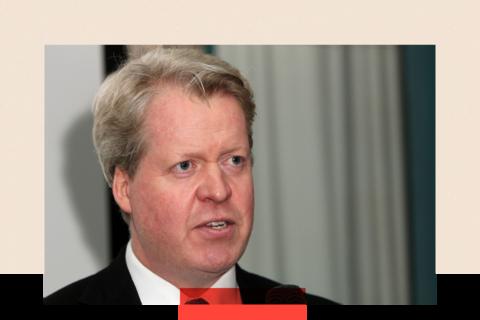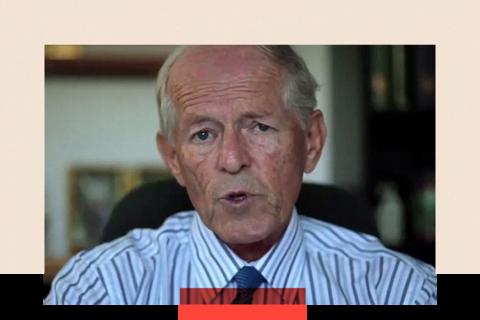Jane Chevous, a writer and campaigner, was sexually abused by two Church of England priests over a ten-year period. It began when she was a young adult and only stopped when she moved away. She went on to have a mental breakdown. This was not only because of the abuse, she says, but also the result of a lack of the support from the church that she trusted.
Her religion added a layer of complexity to what happened, she explains. She was groomed by someone who she believed was doing God’s work. “You are told this is God’s calling and this is what he wants,” she says.
In 2001, ten years after the abuse ended, she reported it to two bishops. “It was absolutely terrifying. I found it hard to hold any hope that I would be believed.”
One bishop suggested she meet her abuser to try to sort it out “because that is the Christian thing to do”. The other, she says, told her to go to the police because he couldn’t do anything. Afterwards her mental health deteriorated.
In 2019, she reported it again. This time there was a police investigation, during which time one of her alleged abusers died. She says the police concluded there was not enough evidence to take the case further. She is among a number of survivors who have asked the church to review their cases.
In the wake of the report into the abuse by John Smyth, the church has said that it and its associated organisations must implement “robust safeguarding procedures …that are governed independently.” It also said “there is never a place for covering up abuse.”
Jane has since co-founded a support and research group called Survivors Voices, set up to ensure that survivors are listened to. She says that in many institutions there may be people trying to do the right thing, but too often there is a failure to listen to and protect vulnerable people.
She has also been appointed to the Church of England National Safeguarding Panel. “The church has struggled to choose survivors," she says, "instead it has chosen to protect the institution."
This, she argues, is similar to other areas. “You are sacrificed for the good of the wider community.”

